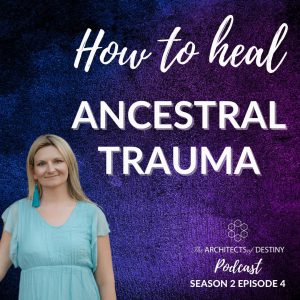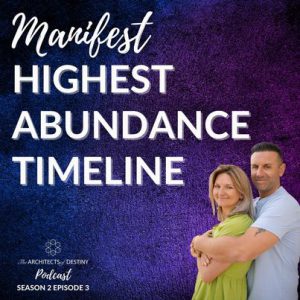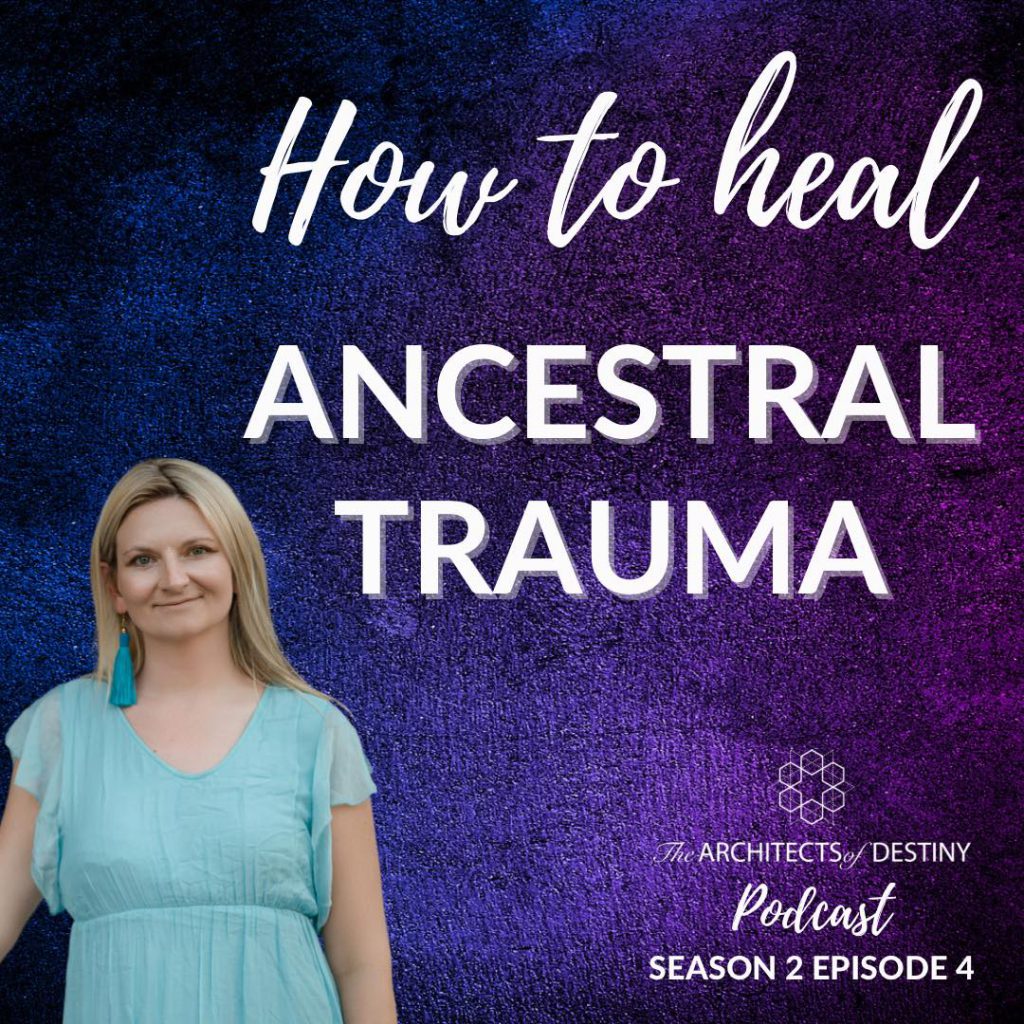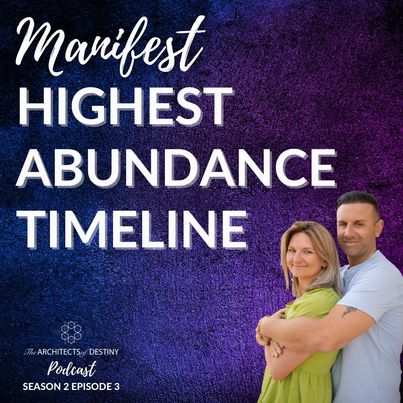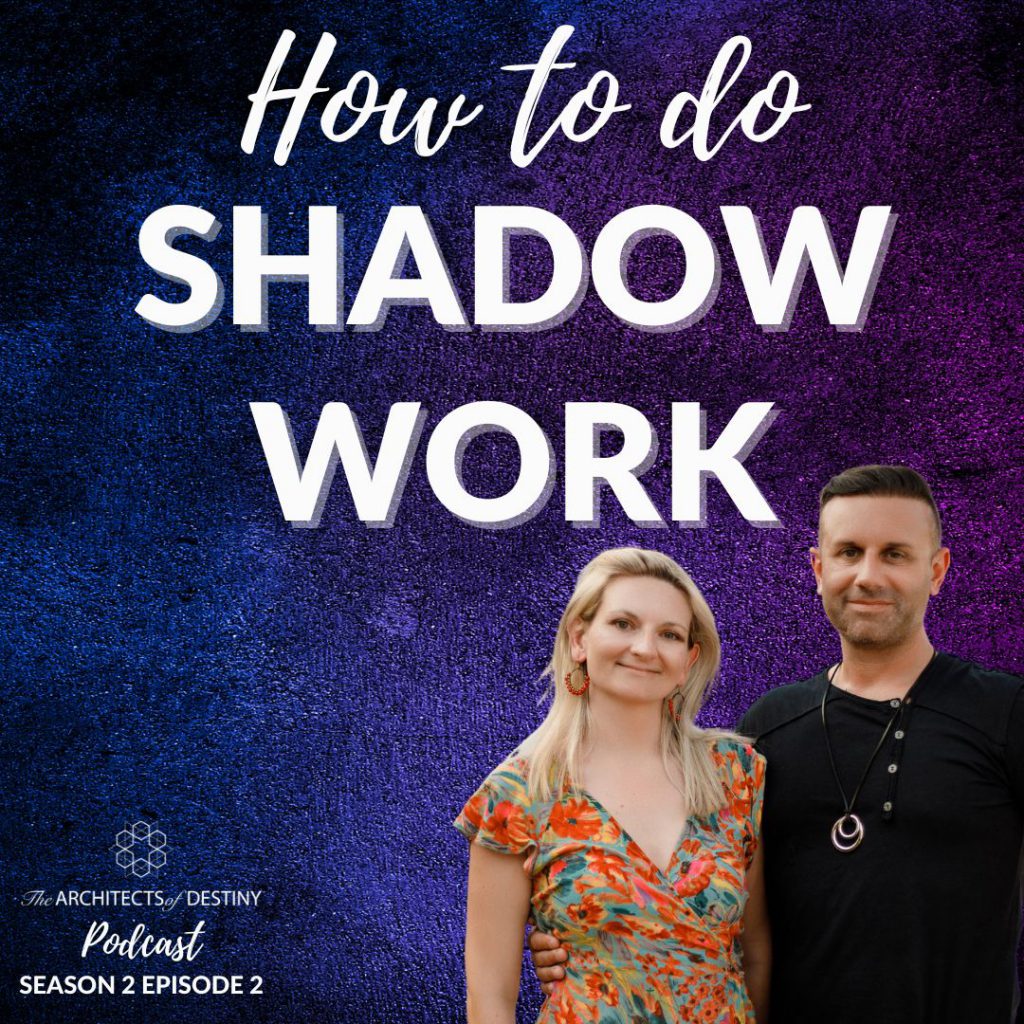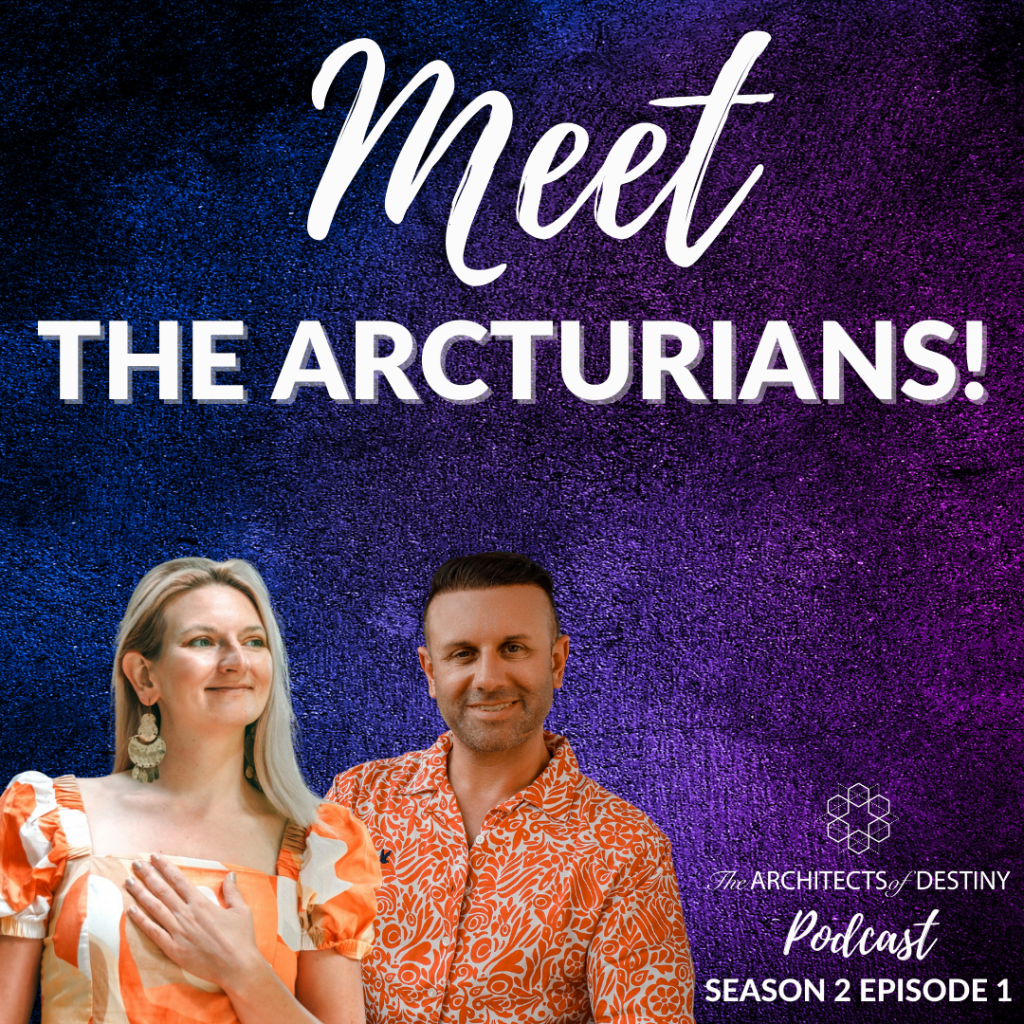We’ve all heard it a million and one times before, but it still holds true – You are what you eat. Food is a critical and determinant aspect of a person’s quality of health. The food we eat can affect our clarity of mind, our bodily movements, our blood sugar levels, our digestive condition, and more.
At the microscopic level, the food we eat are just like us – a clump of atoms that give off different levels of vibrational frequency.
Energy transference
Food holds energy, and as soon as it touches your lips, chewed by your teeth, swallowed, and delivered into your gut, the energy becomes a part of you. This is called energy transference, a process where the energy of a thing or person transfers or is relocated into another entity’s energetic field. So, yes, the vibrational frequency of food becomes your vibrational frequency and thus, you are indeed what you eat.
Unfortunately for us, high vibrational, whole, quality foods and nutrient-dense meals are hard to find, takes a long time to make, and mostly way too expensive. Most of the time, grabbing the nearest microwave meal for dinner, topping it off with a bar of chocolate and a glass of artificial fruit juice is what works for us because of time and money constraints.
It almost seems like the world we live in is designed to make us sick because low vibrational, highly processed foods that contribute nothing to our physical needs are the easiest and most accessible to us. What’s more is that these foods are so addictive, that by the second week of trying to “eat healthy,” there’s a tiny voice in your head that craves for that big, fat, juicy beef burger and fries on the side.
Addiction to food and our emotions
 According to Vanita K. Gupta, a spiritual coach and a holistic health advisor with a PhD in Molecular Biology, MBA in pharmaceutical marketing, and doctoral training in Oncology, our addiction to food mostly stems from the emotions we attach to it.
According to Vanita K. Gupta, a spiritual coach and a holistic health advisor with a PhD in Molecular Biology, MBA in pharmaceutical marketing, and doctoral training in Oncology, our addiction to food mostly stems from the emotions we attach to it.
“I think when people think of addiction with food, they often think of sugar or alcohol,” Vanita said during an Architects of Destiny podcast hosted by Aeron Lazar and Riya Loveguard. “But really, what happens is that, biologically, we produce these happy neurotransmitters –
serotonin, dopamine – all these happy molecules that people want.”
“If you look at the neurochemistry of something like cocaine, you would see that our system is flooded with all these neurotransmitters and when you look at it with some sort of food, there’s the neurotransmitters there,” Vanita explained.
“What ends up happening is that it doesn’t really matter if you’re taking cocaine or if you are eating food – you’re producing a response to what you are putting into your body,” she added.
The impact of food Industry on addiction to food
Vanita said that highly processed foods are the culprit to food addiction.
“Food has been processed and changed to be made more addictive so that we are actually eating it and addicted to it the same way we would be addicted to something like a drug, like cocaine,” she explained.
It’s no secret that the food industry has had a long-standing practice of rolling out products in the cheapest way possible. Cutting costs of production usually means substituting natural ingredients with artificial ones that can have negative long-term effects on one’s body.
Non-profit organizations have long exposed the food industry of replacing meats with artificial extenders, having microplastics in food products, or even using sawdust in mass-produced breads.
Vibrational energy from animal products
“They take out the nutrition from it so that we actually continue to have the hunger feeling, that we don’t feel satisfied, we don’t feel nourished. So, we are now eating more of it and then, when we’re eating that thing, we’re also creating an emotional connection with it, too,” Vanita said.
Aside from the harmful ingredients integrated in these mass-produced packaged foods, there’s also the aspect of taking milk and dairy products, as well as meat from animals housed in abysmal conditions.
“That’s a vibrational energy that you’re feeling when you’re eating any sort of animal product,” Vanita said to Aeron Lazar and Riya Loveguard. “We’re getting the emotions of an animal because we are animals. We have a closer relationship to those animal emotions, and therefore, we can feel that a lot greater.”
Vanita said that unless animal products come from the most nurtured animals that are treated very well, any animal product we consume can carry negative energies with it, which we then put into our bodies.
“Most likely, they’re not having the greatest emotions of having their milk taken away from them or the way they’re treated, and so that is all being fed into us and then those become our fears, those become our emotions, and that’s a lot of that density that we’re feeling with it,” she said.
It’s no surprise that sometimes after a huge meal made from animal products or consuming any sort of dairy, we immediately feel lethargic.
With all these aspects in mind, how do we make sure that we are consuming foods that can help us reach our most optimal health possible?
Eating for fuel, not for the ego
“It’s all due to our ego,” Vanita said. Since childhood, we have been programmed to associate food with certain emotions and thought patterns designed to keep us wanting more.
Think about it – McDonald’s is marketed as something that can make you feel good with taglines like “I’m Lovin’ It” and food items like the “Happy Meal.”
Beer and alcoholic drinks are advertised during the NFL Superbowl with hyper-masculine depictions so that every football fan feels a sense of being “manly” or “strong” whenever they consume these products.
Every food item in the grocery store – even “healthy foods” – have been programmed to make us feel something, and our ego takes all these messages in so that subconsciously, we go back to these products when we’re seeking a particular feeling.
“So they’re appealing to what we, as consumers, think that we know we want. So there’s an addiction that’s created. Our bodies are hardwired to remember how we eat food, but we have forgotten from our ego perspective how to truly eat food,” Vanita said.

How improve our eating habits?
The very first step of improving one’s eating habits is to be present, aware, and self-conscious. According to Vanita, being conscious is listening to your body, and being aware of the thought processes that comes into play whenever you are face-to-face with food on the table.
Self-consciousness and body consciousness, however, has nothing to do with reaching a certain amount of fat percentage, weight or size of clothing. It’s also not about calorie restrictions or removing certain food groups entirely.
“This is the hardest part. It really requires conscious deep programming and reprogramming because so many of our dietary changes are only focused on the physical removal of foods but really, it’s the emotional aspects that we want to be dealing with,” she said.
Eating so that you can be at your highest vibrational state involves distinguishing between actual hunger versus that tiny ego voice in your head that says you need to eat a whole bag of chips or finish a whole bar of chocolate.
Remove emotional aspects from food
Removing the emotional aspect, and saying, “Am I really hungry or am I just craving that feeling that this certain food gives me?” could mean the difference between a binge-fest and conscious consumption.
Change the narrative around the food
“You just have to change the narrative around the food, because if you go in with this idea of ‘I’m not gonna do this, I shouldn’t do this, this is not good for me,’ then you’re going to just program yourself into cycles of guilt, and honestly the guilt and the shame is worse than what you ate. It’s a consciousness that we need to apply to this,” Vanita said.
Listen your body
By choosing to really listen to your body, and rationally making decisions on the kind of food that you consume, you can slowly improve your vibrational state.
Remove ego
Removing your ego, detaching emotions from food, allowing your body to experience different varieties or food, and giving yourself a huge leeway with how you consume them is what makes eating and experiencing food more enjoyable.
Ultimately, eating without the ego aspect will help re-wire your energetic field to be more aligned with Gaia and rooted in Mother Earth.



